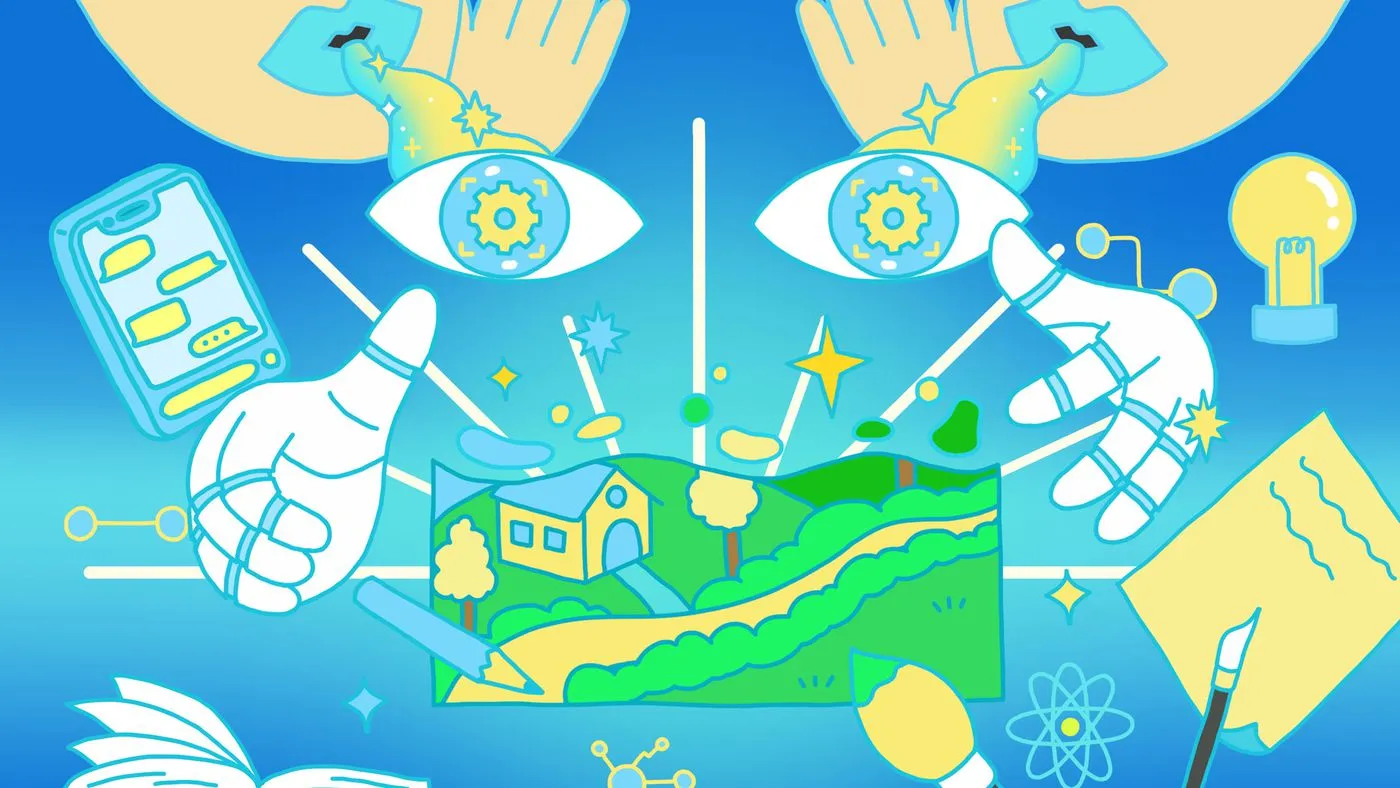AI Concerns Prompt Apple's Focus on Authentic Photography Tools

AI Concerns Prompt Apple's Focus on Authentic Photography Tools
The upcoming release of Apple Intelligence has sparked important discussions within the company about what constitutes a real photo. In an interview with The Wall Street Journal, Apple's software chief, Craig Federighi, emphasized the company's aim to introduce AI-powered image editing tools that prioritize the authenticity of photographs.
Federighi mentioned, “Our products, our phones, are used a lot. It’s important to us that we help purvey accurate information, not fantasy.” The new Clean Up feature in iOS 18.1 enables users to remove unwanted objects and distractions from their images, setting a careful boundary that avoids more extensive alterations found in rival products.
Balancing Innovation and Integrity
Despite its capabilities, the Clean Up feature is modest compared to offerings from competitors like Google and Samsung. Federighi noted, “The demand for people to want to clean up what seem like extraneous details has been very high, so we’ve been willing to take that small step.”
Amid these innovations, Apple remains watchful of the potential implications of AI on public perception of photography. As Federighi stated, Apple is concerned about how AI’s influence may affect reliability in visual content.
A Response to Industry Trends
With generative AI editing apps advancing rapidly, they present heightened risks of misleading visuals, complicating the trust users place in photography. Unlike some competitors, Apple does not yet support AI-generated manipulations. Instead, images edited with Clean Up will be marked as “Modified with Clean Up”, ensuring transparency for users.
Apple's initiative aligns with trends in the industry, such as the Adobe-driven Content Authenticity Initiative, which encourages verifying image authenticity through metadata. The collaboration among tech companies highlights a growing commitment to maintaining trust in digital media.
This article was prepared using information from open sources in accordance with the principles of Ethical Policy. The editorial team is not responsible for absolute accuracy, as it relies on data from the sources referenced.